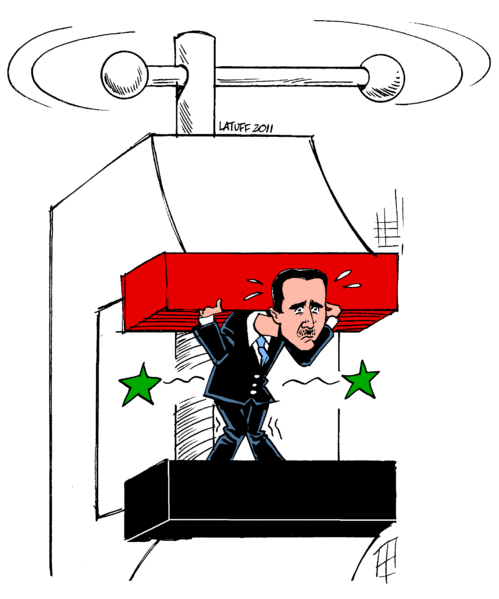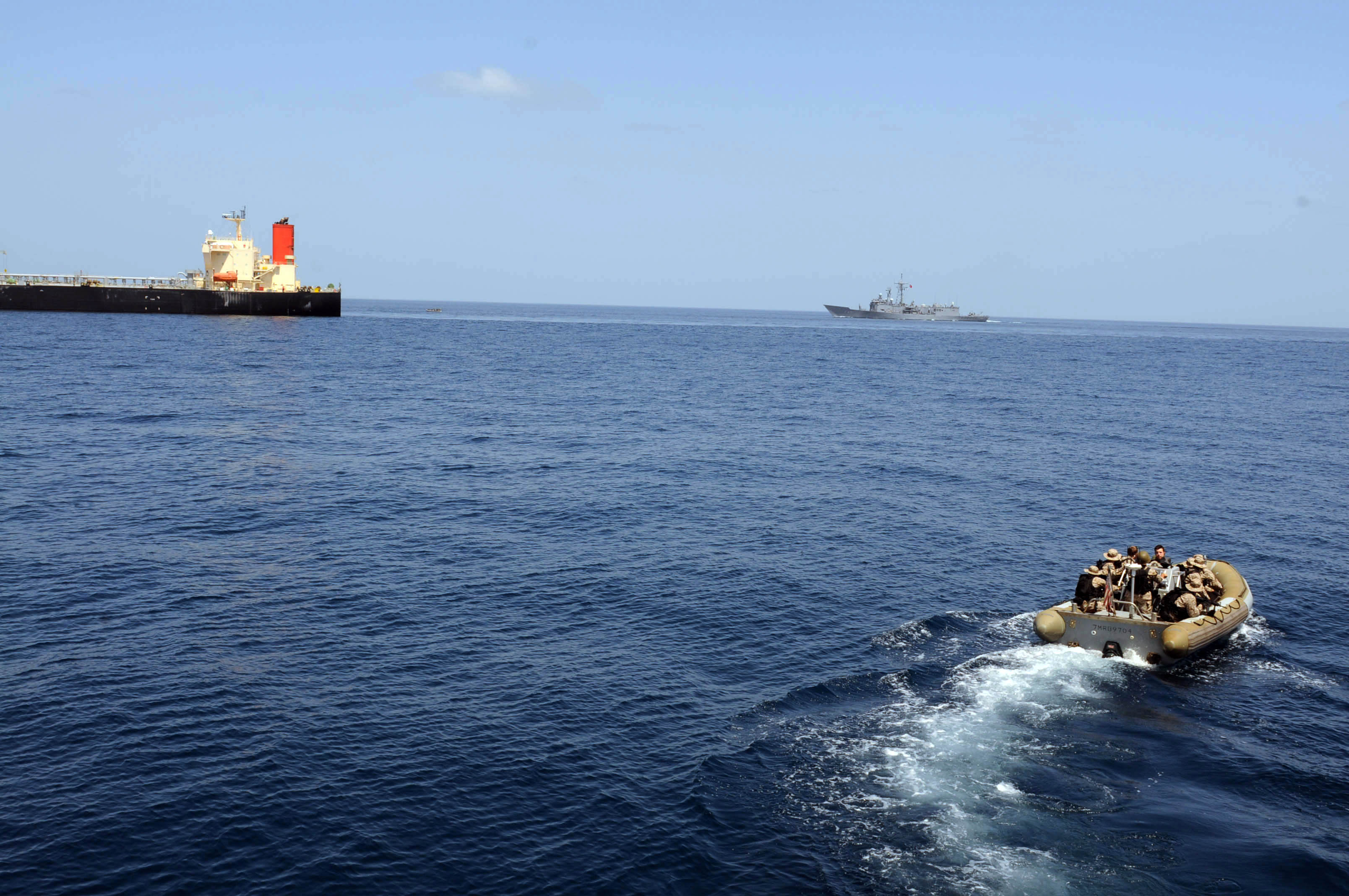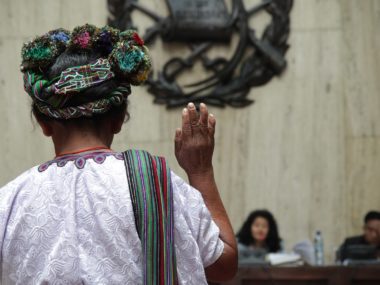
A striking fact about civil wars is that the outcome is often clear months or even years before they actually end. Jefferson Davis knew he would lose the American Civil War after the fall of Atlanta, yet continued to fight. Muammar Qaddafi almost certainly knew he would lose the war in Libya as soon as NATO assaults began, yet he continued to fight. The same is true in Syria. Syrian President Bashar al Assad continues to fight despite increasing evidence that he cannot win. Why does Assad continue to fight despite declining odds and what does this suggest the U.S. should do?
Assad continues to fight for two reasons. First, he knows he cannot negotiate his way about of war despite offers by Kofi Annan to do so. From Assad’s perspective, any real offer to share power would be tantamount to a decisive defeat. Agreeing to open up the political process to a group that represents 70% of the population would be equivalent to Assad agreeing to a minority position in the new government. And a minority position in government would make him vulnerable to reprisals in the form of imprisonment or death at the hands of a vengeful population.
Even if Assad were to agree to a compromise deal, the opposition has its own reasons to reject a settlement. Assuming they could unite, why would Sunnis and Christians trust that Assad would continue to share power once they laid down their weapons? Violence and the continuing threat of violence is the only tool they have to keep Assad in line and they will almost certainly be deeply skeptical of any promise by Assad to change.
Assad could voluntarily cede power, spending the rest of his days in comfortable exile. But this is the second reason he continues to fight. Assad knows that a safe, comfortable exile is not an option for him. In the past, hated dictators have sometimes chosen exile when defeat seemed likely. The Shah of Iran did it in the 1970s, Ferdinand Marcos did it in the 1980s, and Ben Ali did it last year. This option isn’t open to Assad and this is what makes fighting to the finish attractive to him.
Assad cannot go into exile because exile leaves him vulnerable to prosecution by the International Criminal Court (ICC). Assad’s problem is that he signed the Rome Statute of the ICC, giving the Court the right to prosecute him if he engages in crimes against humanity – something he has clearly done over the past year. In fact, Secretary of State Hillary Clinton publicly confirmed that Assad could be prosecuted for war crimes. This places Assad directly in the sightline of the ICC.
So what will happen? History suggests that Assad will continue to fight with the aim to decisively defeat the rebels. He will hope that Iran and Russia will continue to support him and that the international community will not intervene. But time is not on his side. Continued war and economic sanctions will make his regime weaker. This decline may convince him to eventually accept a compromise settlement, but this offer is likely to be rejected by an opposition that does not trust him. Exile isn’t a good alternative. Few states are likely to accept him or credibly promise to protect him over time. The most likely outcome, as it was with Qaddafi, is defeat and death.
Perhaps this is not a bad option for the United States. Syria will get a new government under majority Sunni leadership without the U.S. having to commit any additional soldiers to the Middle East. It will be a home-grown movement that deposes a hated dictator and one who had been a longtime enemy of the United States. Military and financial aid to the rebels could hasten this outcome. But anyone who believes that Assad will eventually agree to negotiate, or leave power quietly, ignores the strong incentives he has to fight to the death.







9 comments
Neither Russia nor Iran have ratified the Rome Statute, so it is extremely unlikely that either would extradite Asad. Further, if he really wanted to cut a deal, I’m sure Asad could negotiate exile in Qatar or Saudi Arabia, neither of which is party to the ICC.
The ICC is not the reason why Asad will not choose a negotiated exit and exile. The reason is that his networks are much larger and wide-ranging than him and his immediate family. We are not talking about a regime of one man, or even one family. The business and political networks risked by a change in regime are relatively extensive, and most of these people would not have the option of a cushy exile.
Professor Walter,
Congratulations on your post. This was a very interesting analysis of the consequences of one of the available outcomes for the situation in Syria. I completely agree with the points you raised and its consequences. While engaging in the management of conflicts, it is paramount to understand how to balance the sanctions and incentives, considering the bigger picture, in order to allow for reducing the will to continue resorting to violence as a political instrument.
Actually, I am very happy to notice that you have argued (for the Syrian case) in a very similar way I previously argued in my blog (http://imminentcrisis.wordpress.com/2011/05/11/the-bargaining-problem-in-libya-peace-versus-justice/) about Qaddafi’s incentives to cease violence, disengage from conflict and step down from power in the light of ICC condemnation of him and his entourage (which you also mention in your post).
I wish all the best for Political Violence @ a Glance and its contributors, a blog that will become a reference to all of us who study, work with and are interested in the realm of conflict and political violence.
The unbalance justice Against Africa by the International Criminal Court
Ever since its birth in 1946, the ICJ has not done much to prosecute perpetrators of war crime and crime against humanity holistically. Since justice for one would equally means giving justice to all as crime is never planned and executed by a single individual. Moreover, I think the ICJ has seen Africa as less power to turn down or ignore arrest warrant so whenever she wants to learn new terms or description of crime in practice; Africans leaders and stakeholders are forcefully taken to The Hague for trial in the name of justice. The international court of justice has not done much to equally bring “westerners” to the most talk about justice that does not discriminate against color or creed, neither country or continent either great power or less power but nothing more the plain truth.
Others continents’ leaders remain untouchable who have committed similar or more grievous crimes than Africans. The ICJ has not prosecuted any continent citizens more than Africa. On the other hands, the only so called westerner leader to have ever gone through this was Slobodan Milosevic 2001 for committing war crime and crime against humanity during the Serbia-Albanian civil unrest from 1992 -1999. Unfortunately, one could see him as former Soviet Union nation that needed retribution and that was the simple reason for his arrest and he died while facing trial at Hague in 2006.
Meanwhile, If former and current presidents, senior officials of governments in Africa can face justice then why shouldn’t we seen the formers US presidents like George Bush, Sr and Bill Clinton in 1992 and 1994 for their road in killing innocent people in Kosovo and Somalia. Let us look at George W.Bush, Jr and Tony Blair’s 2003 invasion of Iraq “coalition of the willing”. Where is the justice that blowing around the clock to make African accountable for their actions? The war in Afghanistan has caused so many deaths yet that is not crime against humanity. The ICJ does not see moral reason to prosecute anyone when the westerners killed tens of thousands. US simultaneously invaded many of its neighbors (Haiti, Nicaragua & Panama 1994 and 1989) in the name of just cause and democracy. Where is the US most terrible joint chief of staff General Colin Powell and former Secretary of States who led and directed all the wars?
The debate keen focus surrounding the ICJ functionality and prosecution ability been centered on Africa as her principle ground to indict rather than each and every individual and nation in violation of societal norms. Therefore, the facts are put into proper perspective since 2004 to present Six (6) African nations and twenty (25) Leaders, War Lord and high profile government officer have been issued warrant of arrest by pre-trial and setting out up special war crime court like the one in Sierra Leone that just concluded verdict against the former Liberian leader. Where is the ICJ justice that is aimlessly punishing Africans but cannot bring other dictators like Trujillo of the Dominican, Marcos of the Philippine, Suharto of Indonesia and Duvalier of Haiti in the 1980s?
Additionally, African countries that have been blinded indicted and single handled picked by great powers are Uganda, Democratic republic of Congo, Central African Republic, Kenya, Libya and Cote D’ivore and soon to be added to its list of African country is Mali that is under case studies. The ICJ own deliberate refusal to make western Leaders and Military Officers morally and legally responsible for atrocities committed against other freed people in the name of democracy and emancipation is a clear evident that the ICJ is Africa Supreme court. Explicitly, ICJ is for all but implicitly, one may see ICJ as court for Africa and Africans. For instance, Syria current political crisis ,Iran 1979 revolution that killed more than a million, Iraq invaded Kuwait in 1990,North Korea attacked South Korea in 1960 and Israel-Arab’s war in 1967 with no charge. Africa should not be treated with more prejudice while the others go with impunities.
In summary to the debate, ICJ must learn to practice balance justice as discrimination will eventually move Africa away from the court because these were some of the imbalances that killed Permanent Court of Arbitration (PCA) while giving birth to permanent Court of International Justice (PCIJ) now the ICJ.
Written by: Jefferson G.Togba
Jindal School of International Affairs